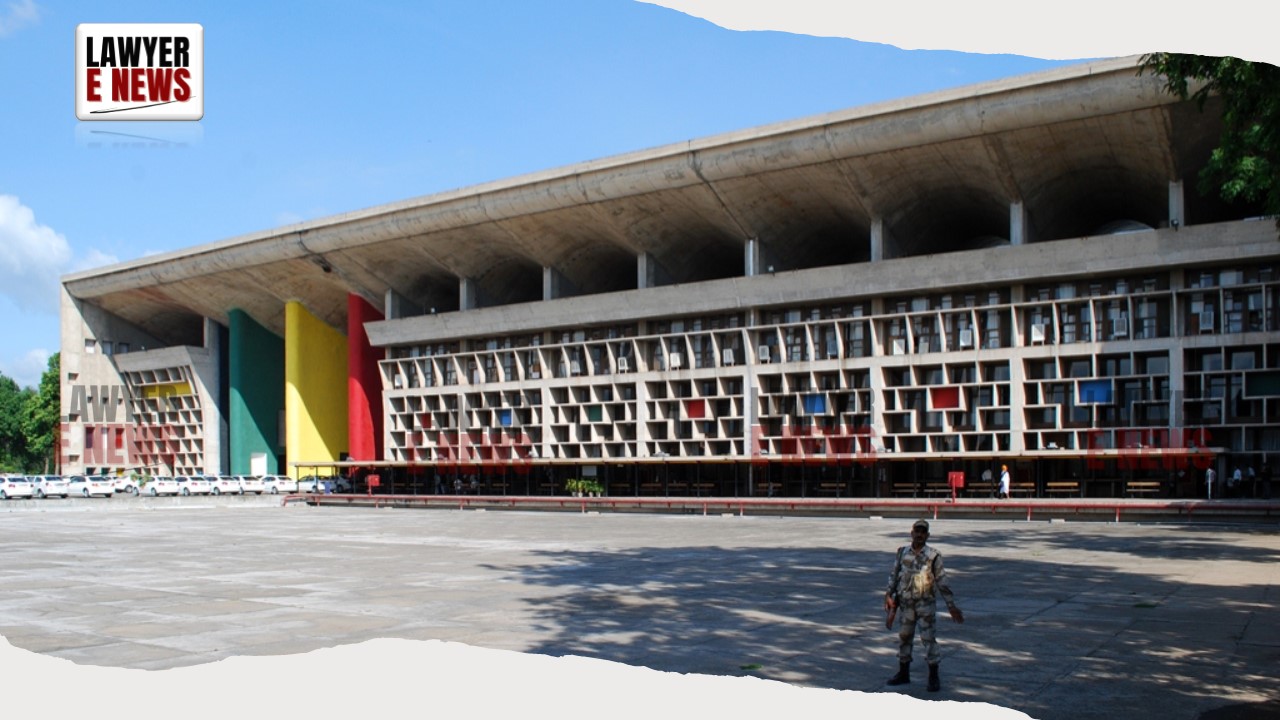-
by Admin
15 February 2026 5:35 AM



Punjab and Haryana High Court quashed the arrest of Haryana MLA Surender Panwar in a money laundering case linked to illegal mining. The court ruled that illegal mining is not a scheduled offence under the Prevention of Money Laundering Act (PMLA) and found no grounds to sustain his arrest. The Enforcement Directorate (ED) had implicated Panwar in the alleged illegal mining activities of Development Strategies India Pvt. Ltd. (DSPL), but the court held that Panwar had ceased to be a director of the company in 2013, well before the alleged offences took place.
The Enforcement Directorate initiated proceedings against Surender Panwar, alleging his involvement in illegal mining and the laundering of proceeds of crime through DSPL. The case arose from multiple FIRs and an ECIR (Enforcement Case Information Report) registered in 2023. Panwar, a sitting MLA from Sonipat, was arrested in July 2024 under the PMLA for his alleged role in illegal mining activities in Yamuna Nagar, Haryana, linked to DSPL and a syndicate of mining companies. However, Panwar challenged the legality of his arrest and sought relief from the High Court.
Whether illegal mining could be prosecuted under the PMLA.
Whether Panwar's arrest and detention were legally valid, given the procedural safeguards under Section 19 of the PMLA.
The defense argued that illegal mining is not included in the list of scheduled offences under the PMLA, and thus, the prosecution under the PMLA was unwarranted. They further argued that Panwar had resigned as a director of DSPL in 2013, and there was no evidence linking him to the company's illegal activities during the relevant period. The defense also highlighted procedural violations, including the excessive and inhumane interrogation of Panwar and the lack of any incriminating evidence from the interrogation or searches.
The court agreed with the defense, ruling that illegal mining is not a scheduled offence under the PMLA. The court noted that while DSPL had been penalized by the National Green Tribunal (NGT) for environmental violations, this did not translate into a money laundering offence under the PMLA. The court emphasized that the ED had failed to produce any material to show Panwar's involvement in the alleged offences after 2013, when he ceased to be a director of DSPL.
In a significant observation, the court found that the amendment to the PMLA in August 2024, which removed environmental violations from the list of scheduled offences, further weakened the case against Panwar. The court criticized the ED for subjecting Panwar to prolonged interrogation and harassment, stating that the 14-hour-long interrogation violated basic human dignity and the right to fair treatment.
The court also cited the principle of "Sublato Fundamento Cadit Opus"—once the foundation of the case is removed, the superstructure falls—to rule that the remand orders following Panwar's arrest were also unsustainable in law. The court further referenced the Supreme Court's rulings on the need for concrete evidence to justify an arrest under the PMLA, concluding that Panwar’s arrest lacked legal merit.
The High Court quashed the arrest order, remand orders, and "grounds of arrest" against Surender Panwar, and directed his immediate release. The judgment underscored that Panwar's arrest, based on unscheduled offences and a lack of material evidence, was unlawful.
Date of Decision: September 23, 2024
Surender Panwar v. Directorate of Enforcement.
